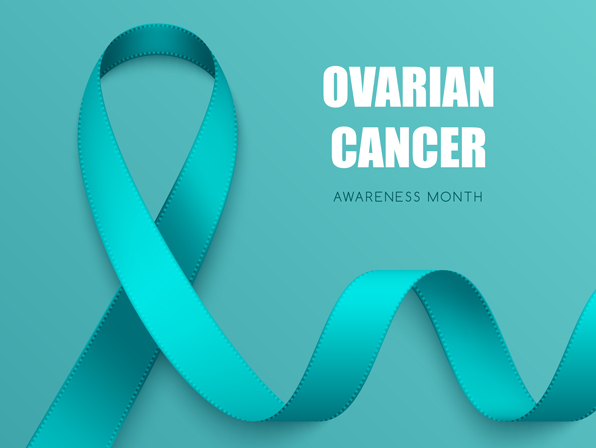Did you know that STI rates in England are skyrocketing? Recent reports confirm that cases of STIs are on the rise and sexual health services are struggling to cope with higher than ever demand for STI checks. For example:
- From 2013 to 2022, requests for sexual health appointments have rocketed by a third
- Gonorrhoea has increased in 97% of councils. And 10 councils have reported cases of gonorrhoea tripling
- Cases of syphilis have risen by 76%
- Chlamydia, which has been the UK’s most frequently diagnosed STI for years, has risen by 36%
- Diagnoses of STIs in 2022 were up 23.8% from the year before
Why are STIs on the rise?
Dr Grainger, Consultant Obstetrician and Gynaecologist at The Gynae Centre says: “There are all kinds of possible reasons for surging rates of STIs in England. We know that many people still enjoy casual sex and at the same time, there is evidence that people are using condoms less. STIs have increased significantly among the over 65s too, who may be more liable to mistakenly view themselves as sexually low-risk because of the unlikelihood of pregnancy. In addition we know public health resources are strapped right now, and there is a need for more sexual health messaging.”
Would you know if you had an STI? Here are some STI symptoms to look out for
Every STI is different, but the symptoms of distinct STIs often overlap.
Be aware though – many people who contract the most common STIs like chlamydia will notice no symptoms. So if you don’t check off a symptom below, sadly you still can’t rule out an STI.
That said, if you notice any of these symptoms, even if you think an infection is impossible, get an STI check:
- Rashes, blisters or sores in the genital or anal area
- Pain when passing urine
- For men, discomfort in the testes
- For women, pain in the pelvis or abdomen that is not your normal monthly period pain
- Warts, lumps or fleshy growths around the genitals or anus
- Genital or anal discharge that has a strange smell, colour or texture
- For women, bleeding following sex, irregular periods, or bleeding between periods
- Tingling, itching or irritation around your genitals and/or anal area
More unusual symptoms of an STD are those associated with syphilis and HIV. Syphilis symptoms incorporate fluish feelings, a rash, and one or more genital sores that are not painful. Key HIV symptoms include flu-like feelings and a red rash.
Scabies and pubic lice are not technically STIs, but they are normally picked up from sex and intimate activity. People with pubic lice or scabies may experience blood spots on the genitals and/or underwear, genital itching, and a rash.
Would you know if you had an STI?
Frequently, the answer is no. For example:
- Up to 70% of women and 50% of men with chlamydia notice no symptoms (and keep in mind that chlamydia is the most commonly diagnosed STI in the UK)
- HIV can be present for years without a person realising
- Almost 50% of women and about 1 in 10 men with gonorrhoea won’t have symptoms
Lack of symptoms upon infection do not in any way reflect the seriousness of a condition. For instance:
- Chlamydia can lead to serious complications including infertility
- Untreated HIV can be life-threatening
- Herpes is incurable and dangerous for women who are pregnant
- Untreated gonorrhoea can create complications including infertility and even lead to other health problems such as arthritis
When caught in time, most STIs are easily treated. But left undiagnosed and untreated, they can create serious health problems. And because so often they come without symptoms, the only way to know you are safe is to get a sexual health check.
When should I get tested for STIs?
Anyone who is sexually active is at risk of STIs.
Certain things increase your risk such as frequent change of partners, not using condoms, having anal sex (because the skin around your anus more easily tears making you more vulnerable to infections), sharing sex toys, or having sex with a new partner. But sadly, even people in declared monogamous relationships for years have found themselves infected with an STI. So our advice is to get tested:
- At least once a year, but if you are having sex with different casual partners, every three months
- After any unprotected sex (except in a monogamous, long-term relationship where there are no symptoms, and both partners have already had clear STI tests)
- At the beginning of a new relationship (and so should your partner)
- If you experience symptoms
The bottom line is: when in doubt, get checked out. The more time that goes by with an untreated STI, the more chance of serious complications. So get an STI check promptly.
Here at The Gynae Centre, we are able to offer precision testing without waiting lists – and often even same day appointments.
For peace of mind, book a consultation online or call 020 7580 8090.






